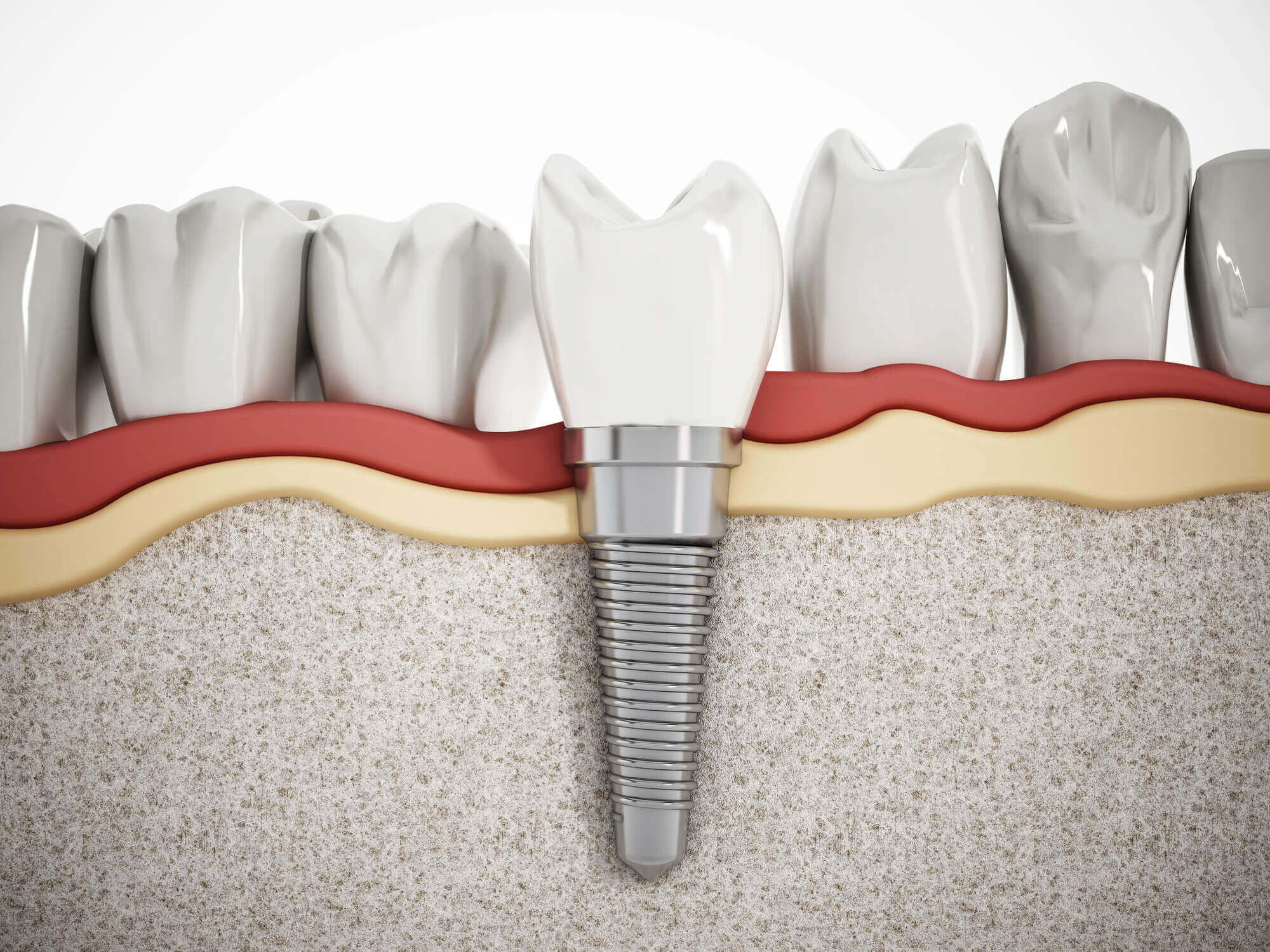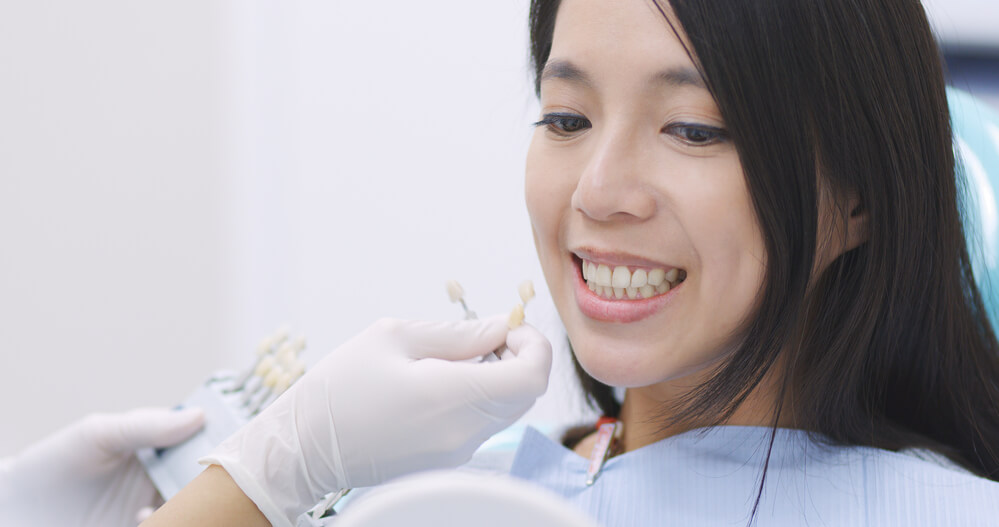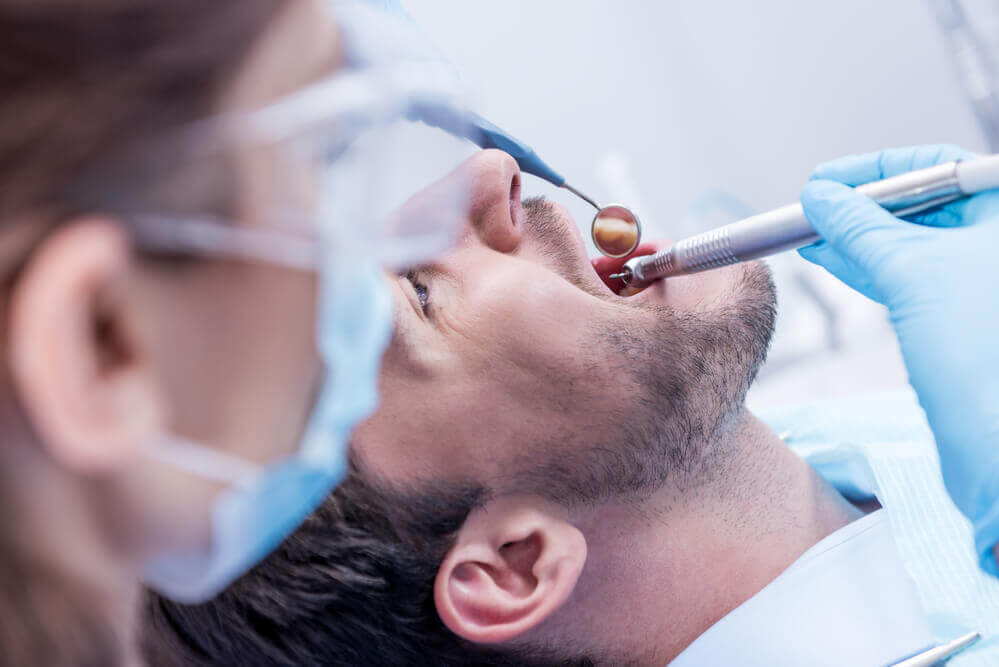Blog
 10 Feb 2024
10 Feb 2024
Dental Implants After Extraction
When it comes to damaged or failing teeth, most folks expect the routine solution: extraction. However, restoring your missing teeth with high-quality dental implants is also important to maintain function. Let’s go over some of the reasons why dental implants in Miami are essential after extraction.
Why Dental Implants After Extraction?
The Extraction Dilemma
- Extracting Teeth Blues: Tooth removal is a standard dental procedure, but it’s not all sunshine and rainbows. Expect some discomfort, swelling, and downtime after the surgical ordeal.
- The Aftermath Blues: Post-extraction, issues like changes in bite alignment and neighboring teeth playing musical chairs are common. Not exactly a walk in the park!
Dental Implants After an Extraction
- Keeping it Natural: Opting for dental implants after tooth removal maintains the natural alignment of neighboring teeth. No shifting or awkward adjustments here!
- Biting Back with Functionality: Dental implants offer stability and durability, bringing back the full functionality of your teeth. Chew away without a worry!
Points to Ponder
- Bone Business: For successful implant placement, having a healthy jawbone is key. A sneak peek into your jawbone density is necessary before jumping on the implant train.
- Age Matters: Age is a player in this game. Younger players usually have a better shot at success as their bodies heal and adapt more swiftly.
A Whisper of the Procedure
The dental implant operation involves the following:
- Behind-the-Scenes Consultation: The oral health script is scrutinized, and jawbone density takes the spotlight.
- The Extraction Tango: If damaged or failing teeth are still lurking, out they go.
- Implant Infiltration: Implants go undercover, surgically settling into the jawbone.
- Healing Undercover: Osseointegration, the implant-jawbone bonding ritual, unfolds in the shadows over a few months.
- The Big Reveal: Once integrated, a bespoke crown emerges, completing the covert mission.
Restore Your Smile with Dental Implants in Miami!
Dental implants are necessary after extraction, as they help preserve natural alignment and restore full functionality. While your decision should be discussed during a consultation at LP Dental & Cosmetic, this option holds promise for those seeking a long-term, aesthetically pleasing outcome post-tooth extraction.
Just remember to ponder factors like bone health and age before committing to this treatment. Call us today!
 13 Nov 2023
13 Nov 2023
Maximizing Dental Implant Longevity: Your Complete Guide
Dental implants are an outstanding option for replacing lost teeth, providing not only aesthetic benefits but also enhanced usefulness and comfort. However, regular care and maintenance are essential to ensuring the longevity and success of your dental implants. This blog post will go over important suggestions for managing your dental implants in Miami and maintaining your oral health.
How to Maintain Your Dental Implants?
Oral Hygiene
It is critical to practice good dental hygiene. Dental implants, like natural teeth, can build plaque and bacteria, leading to gum disease and implant failure. Brush your teeth gently with a fluoride toothpaste and a soft-bristled toothbrush. To clean hard-to-reach regions surrounding your implant, floss and use an antibacterial mouthwash on a regular basis.
Regular Dental Check-ups
Schedule routine dental appointments with your implant specialist or general dentist. They can monitor the condition of your implants, perform professional cleanings, and address any issues promptly.
Avoid Hard and Sticky Foods
While dental implants are incredibly durable, they are not indestructible. Avoid biting into extremely hard foods like ice or opening packages with your teeth. Also, steer clear of sticky candies and chewing on non-food objects.
Quit Smoking
Smoking can increase the risk of implant failure by compromising blood flow to the gums and bones. If you’re a smoker, quitting or reducing smoking is advisable for the sake of your implant’s health.
Healthy Diet
Consume a balanced diet rich in essential nutrients, particularly calcium and vitamin D. These nutrients are crucial for maintaining strong bones and supporting the stability of your dental implants.
Protection During Sports
If you engage in contact sports, consider wearing a mouthguard to protect your dental implants and natural teeth from potential trauma.
Want Dental Implants in Miami?
By following these simple yet essential tips by LP Dental & Cosmetic, you can ensure the long-term success of your dental implants and enjoy a confident smile and optimal oral health for years to come. Remember that regular care and attention are key to preserving the investment you’ve made in your smile. Call us for more details!




